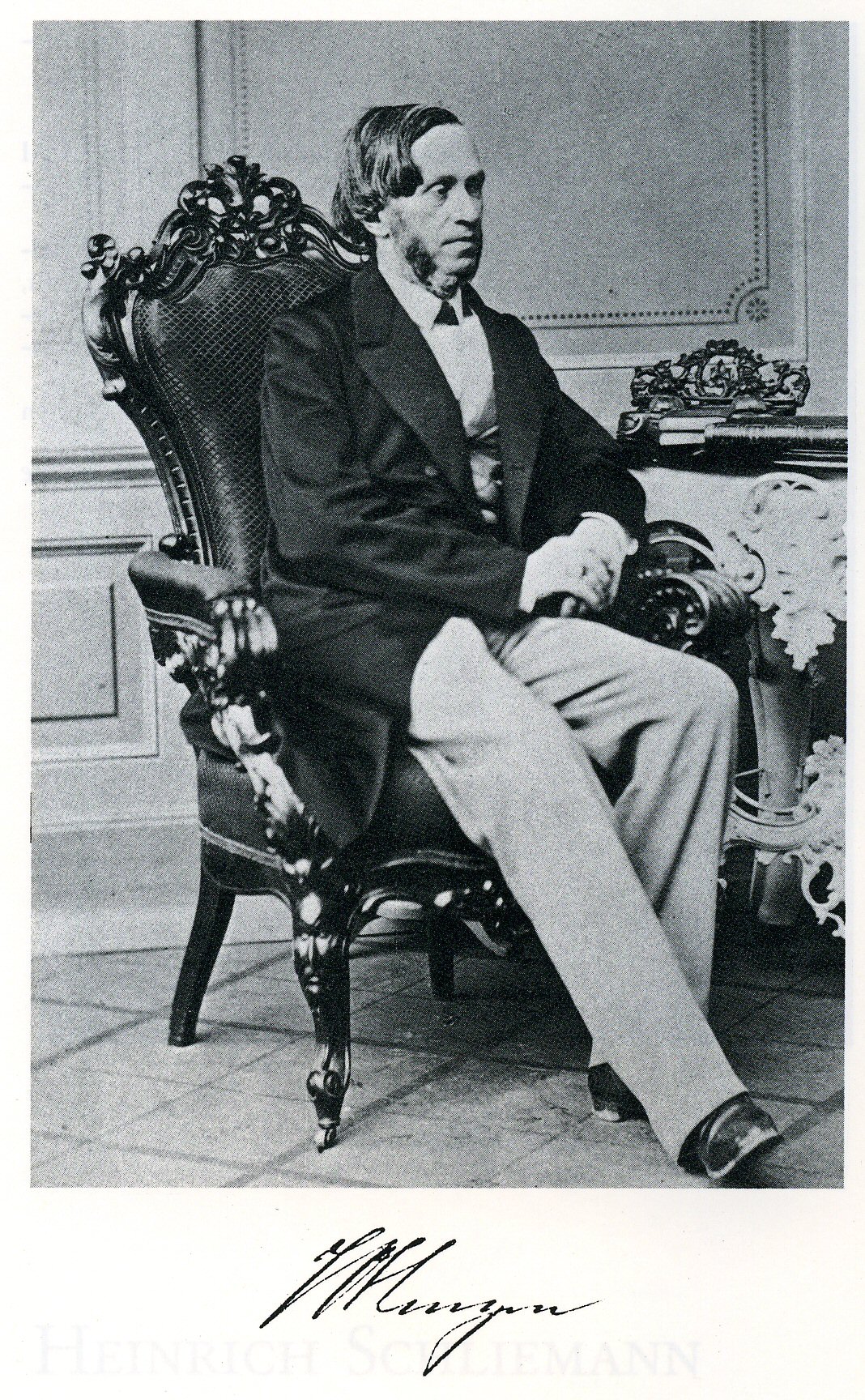Wilhelm Henzen on:
[Wikipedia]
[Google]
[Amazon]
 Johann Heinrich Wilhelm Henzen (24 January 1816 – 27 January 1887) was a German
Johann Heinrich Wilhelm Henzen (24 January 1816 – 27 January 1887) was a German
IDREF.fr
bibliography
Wikisource, ''Henzen, Wilhelm''
@ Allgemeine Deutsche Biographie German philologists Latin epigraphers 1816 births 1887 deaths Writers from Bremen {{Germany-linguist-stub
 Johann Heinrich Wilhelm Henzen (24 January 1816 – 27 January 1887) was a German
Johann Heinrich Wilhelm Henzen (24 January 1816 – 27 January 1887) was a German philologist
Philology () is the study of language in oral and written historical sources; it is the intersection of textual criticism, literary criticism, history, and linguistics (with especially strong ties to etymology). Philology is also defined as th ...
and epigraphist
Epigraphy () is the study of inscriptions, or epigraphs, as writing; it is the science of identifying graphemes, clarifying their meanings, classifying their uses according to dates and cultural contexts, and drawing conclusions about the wr ...
born in Bremen.
He studied philology
Philology () is the study of language in oral and written historical sources; it is the intersection of textual criticism, literary criticism, history, and linguistics (with especially strong ties to etymology). Philology is also defined as th ...
at the Universities of Bonn
The federal city of Bonn ( lat, Bonna) is a city on the banks of the Rhine in the German state of North Rhine-Westphalia, with a population of over 300,000. About south-southeast of Cologne, Bonn is in the southernmost part of the Rhine-Ru ...
and Berlin
Berlin ( , ) is the capital and List of cities in Germany by population, largest city of Germany by both area and population. Its 3.7 million inhabitants make it the European Union's List of cities in the European Union by population within ci ...
, afterwards traveling to Paris and London, where he furthered his education by becoming fluent in French and English. With Friedrich Gottlieb Welcker
Friedrich Gottlieb Welcker (4 November 1784 – 17 December 1868) was a German classical philologist and archaeologist.
Biography
Welcker was born at Grünberg, Hesse-Darmstadt. Having studied classical philology at the University of Giessen ...
(1784-1868), he undertook archaeological investigations in Italy and Greece
Greece,, or , romanized: ', officially the Hellenic Republic, is a country in Southeast Europe. It is situated on the southern tip of the Balkans, and is located at the crossroads of Europe, Asia, and Africa. Greece shares land borders ...
, and in 1842 settled in Rome, where in 1856 he succeeded August Emil Braun
August or Auguste Emil Braun (April 19, 1809, in Gotha, Germany – September 12, 1856, in Rome) was a German archaeologist.
Biography
Braun initially studied archaeology and philosophy in Göttingen, then continued his education at the Univers ...
(1809-1856) as first secretary of the ''Deutsches Archäologisches Institut
The German Archaeological Institute (german: Deutsches Archäologisches Institut, ''DAI'') is a research institute in the field of archaeology (and other related fields). The DAI is a "federal agency" under the Federal Foreign Office of Germany ...
'' (German Archaeological Institute). From 1876 onward, he was a member of the '' Accademia dei Lincei''.
Henzen was a leading authority on Latin epigraphy. With Theodor Mommsen
Christian Matthias Theodor Mommsen (; 30 November 1817 – 1 November 1903) was a German classical scholar, historian, jurist, journalist, politician and archaeologist. He is widely regarded as one of the greatest classicists of the 19th centu ...
(1817-1903) and Giovanni Battista de Rossi
Giovanni Battista (Carlo) de Rossi (23 February 1822 – 20 September 1894) was an Italian archaeologist, famous even outside his field for rediscovering early Christian catacombs.
Life and works
Born in Rome, he was the son of Commendatore C ...
(1822-1894), he carried out plans for a universal "'' Corpus Inscriptionum Latinarum''" based on a scheme presented to the Berlin Academy by Mommsen in 1847. Also, he provided a supplemental volume to Johann Caspar von Orelli
Johann Caspar von Orelli (Latin ''Iohannes Caspar Orellius''; 13 February 1787 – 6 January 1849), was a Swiss classical scholar.
Life
He was born at Zürich of a distinguished Italian family which had taken refuge in Switzerland at the tim ...
's collection of Latin inscriptions, "''Inscriptionum latinarum collectio''" (1856).
Selected works
* "Quaestionum polybianarum specimen, continens vitam...", Berolini: Brandes & Klewert, 1840. * "Tabula alimentaria Baebianorum : illustravit deque publicis Romanorum alimentis" (dissertation), 1845. * ''Iscrizione onoraria d'Adriano / illustrata da G. Henzen'', Roma : Tipografia tiberina, 1862. * ''Scavi nel bosco sacro de' fratelli Arvali'', 1869. * ''Wilhelm Henzen und das Institut auf dem Kapitol'', (withEduard Gerhard
Friedrich Wilhelm Eduard Gerhard (29 November 1795 – 12 May 1867) was a German archaeologist. He was co-founder and secretary of the first international archaeological society.
Biography
Gerhard was born at Posen, and was educated at Breslau ...
and Hans-Georg Kolbe).bibliography

References
Wikisource, ''Henzen, Wilhelm''
@ Allgemeine Deutsche Biographie German philologists Latin epigraphers 1816 births 1887 deaths Writers from Bremen {{Germany-linguist-stub